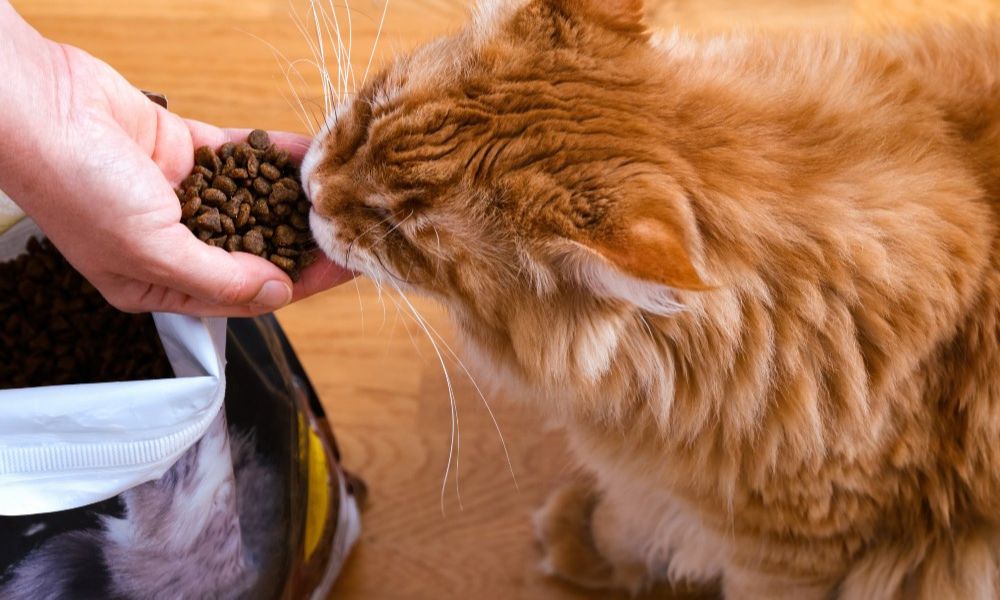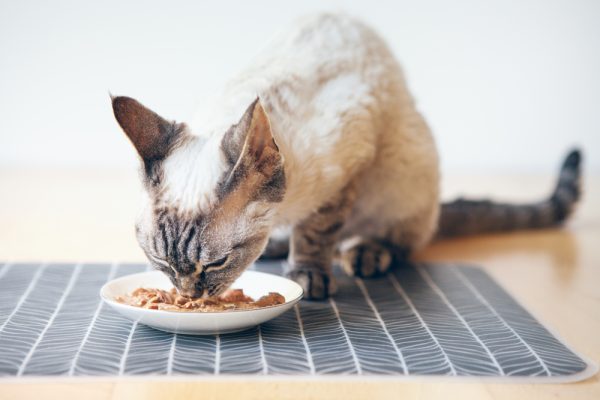
What Your Vet Thinks Is The Best Food For Your Cat
Pet ownership rates are high in Ontario and the whole of Canada. People love their furry companions like their own family members. With so many food options available in the market, it can be challenging to know which one is right for your little friend. During this time, the expertise of a veterinarian from a reputed Animal hospital in Guelph becomes invaluable.
Whether you have recently brought home a cat or have had one for a while, it is never too late to visit the vet. They can provide specific recommendations based on your cat’s age, breed, health condition, and lifestyle. Moreover, they can educate you about your pet’s allergies (if any) and how they might affect your pet’s diet.
What kind of diet is best for cats?
Giving nutritious food to your cats will not only make them feel great but also lengthen their lives. This means more cuddles and playtime with your little friend. The easiest way to ensure your cat is getting enough nutrition is to get a vet-approved cat diet. What your cat eats fuels their entire body and life. Nutrition is key to your cat’s wellness and overall health.
Cats are oblligate carnivores. They need a high amount of protein to live a healthy and longer life. The diet your cat needs depends on their age. They have different activity levels and nutrition requirements at different stages of their life.
Kittens are generally more active than senior cats. Therefore, they need more nutrition to help them in their quick-growing process. This is why vets in Guelph, Ontario, suggest balanced diets for kittens until they turn into adults.
According to the American Animal Hospital Association, cats require diets high in protein for optimal muscle growth and low in fats and calories to prevent weight gain.
Is dry food bad for cats?
Foods prepared in large industries or factories are not species-appropriate. These dry foods do not meet a cat’s dietary requirements. Since cats are obligate carnivores, their bodies are designed to process and utilize nutrients primarily from animal-based sources like mice, rabbits, and birds.
Factory-processed foods are made by combining animal and plant-based ingredients and undergo a high-steam cooking process, which may not be suitable for cats. On the other hand, wet foods are far more tasty and hold a good amount of nutrition than dry foods.
Should you feed your cat a raw diet?

Raw diet refers to uncooked, real meat and bones. It is the best diet for your cat if your vet gives a thumbs up. It has high moisture and high protein content, which is ideal for growing cats. Supporters of a raw diet have stated that it helps with weight management and reduces the risk of conditions like diabetes, obesity, and other common issues among domestic cats.
However, make sure to consult with a vet before giving your cat a raw diet. While a raw diet will suit most cats, it can be harmful for kittens. Despite the nice things said about a raw diet, there are severe potential health risks. For instance, a complete raw diet exposes your kitten to conditions like E. Coli and Salmonella. This is not just dangerous for your pet but for you, too.
The Centers for Disease Control and Prevention (CDC) recommends against raw diets, particularly for households with immunocompromised individuals or young children. Additionally, cats with certain health conditions may not respond well to raw food.
Feed your cat right!
Before deciding what to and what not to feed your cat, expert guidance is crucial. A veterinarian or a veterinary nutritionist can examine your pet’s age, health, breed, and other factors to provide a personalized chart. While raw diets can be your pet’s favorite food, they do carry potential risks. Visit an animal hospital in Guelph, Ontario, today!
